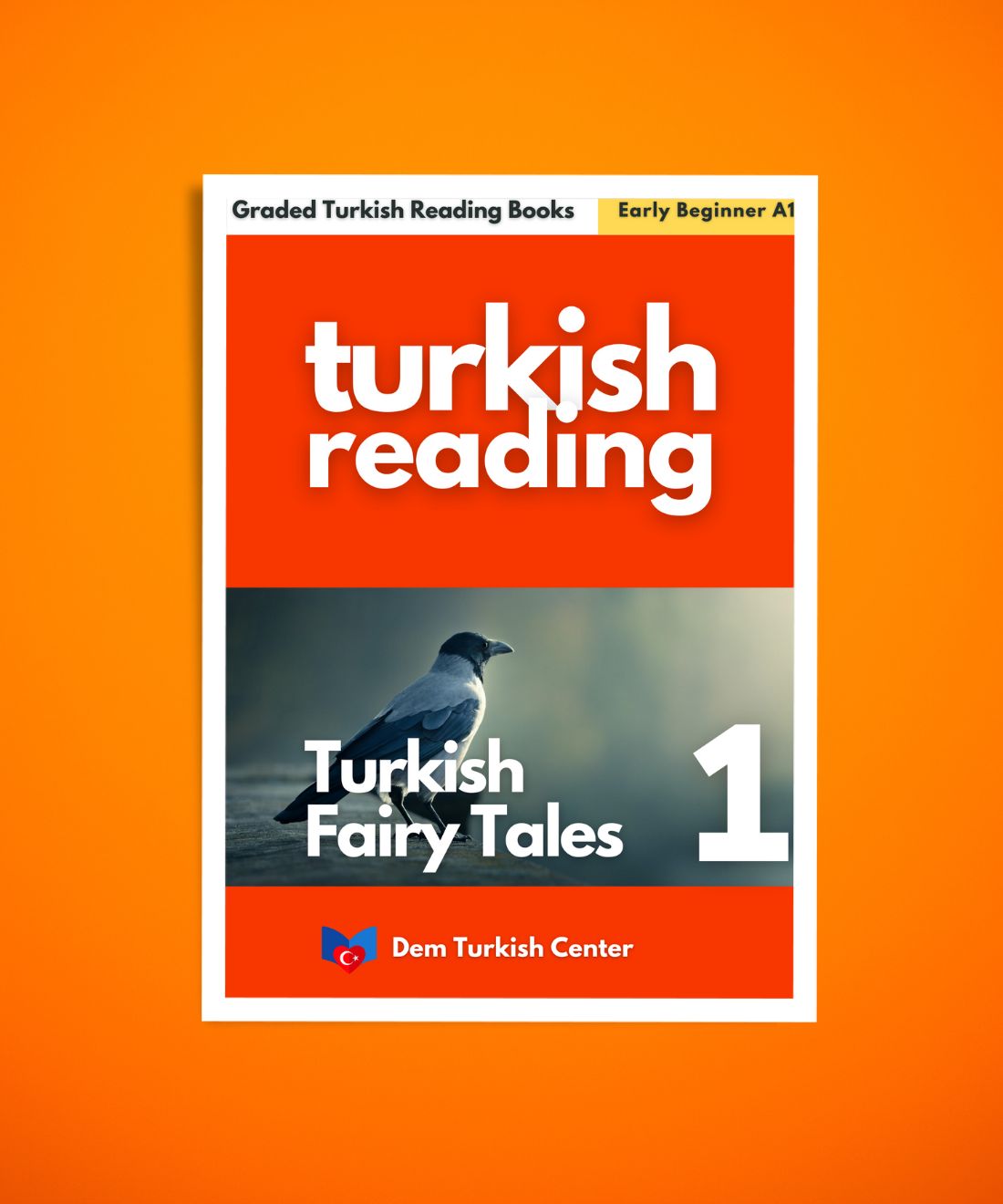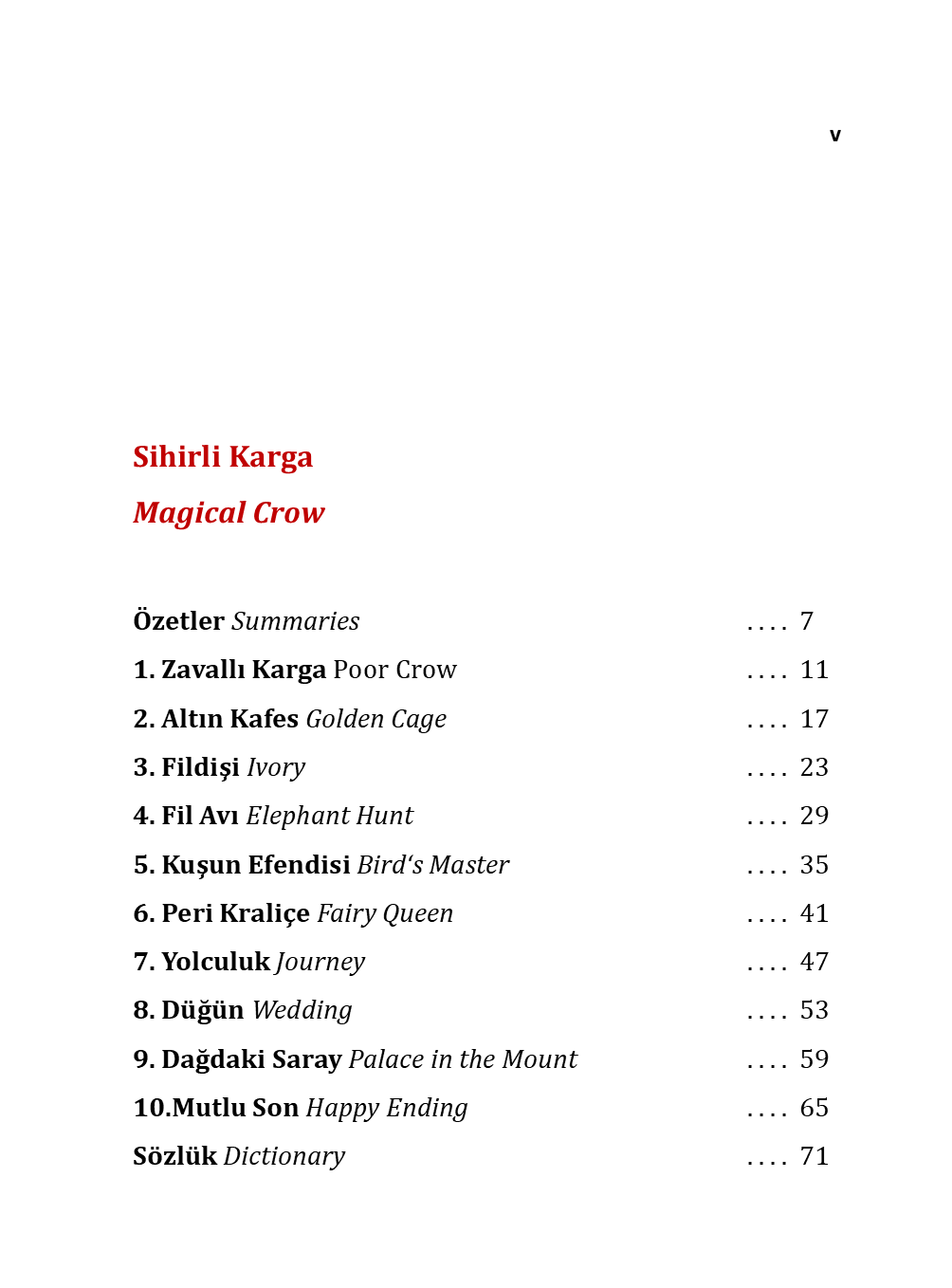
Building Your Turkish Vocabulary with Stories and Tales
Learning Turkish can be highly rewarding, though growing your vocabulary might occasionally seem challenging. A fun and effective strategy for enriching your Turkish lexicon is through reading stories and folk tales. These narratives offer rhythm, context, and emotional depth, which help new vocabulary stick more easily.
LEARN TURKISH VOCABULARY THROUGH STORIES AND FOLK TALES!
Here's how you can use tales and storytelling to strengthen your Turkish vocabulary.
Why Stories Are Effective for Language Learning
1. Contextual Learning
When you read or hear a story, the vocabulary appears within meaningful sentences instead of being shown on its own. This allows you to see how words are used in real-life communication.
2. Repetition and Reinforcement
Frequently used words and expressions tend to show up repeatedly in stories, reinforcing their meanings and making them easier to remember.
3. Cultural Insights
Turkish folk tales and literature offer insightful views into the culture, creating a more immersive and captivating learning experience.
4. Emotional Connection
Stories trigger emotions, which helps make vocabulary easier to retain. You're more likely to recall a word when it's connected to an engaging storyline or a humorous character.
Download Turkish easy reading books, lessons and courses for self-study!
How to Use Stories to Expand Your Turkish Vocabulary
1. Start with Simple Tales
For beginners, children’s stories and fables are a great starting point. They often use simple vocabulary, repetition, and illustrations that aid comprehension. Some excellent Turkish children’s books include:
- Keloğlan Masalları (Keloğlan Tales)
- Nasreddin Hoca Hikayeleri (Nasreddin Hodja Stories)
- La Fontaine Masalları (La Fontaine’s Fables in Turkish)
Did you know that you can download Turkish easy reading books (Penfriends, diaries, fairy tales, biographies,news, folk tales, funny stories, etc) from Dem Turkish Center?
Download Turkish Reading Course 1 A1 (video lessons + PDF books) for self-study!
2. Read and Listen Simultaneously
Many Turkish folk tales are available in both written and audio formats. Listening while reading helps improve pronunciation and comprehension. Websites like YouTube, Audible, or even Turkish storytelling podcasts can be excellent resources.
Just like Dem Turkish Center's Turkish easy reading materials! Simply download, learn new vocabulary, read the text, read and listen to the text and do the exercises!
Download Turkish Reading Course 2 A2 (video lessons + PDF books) for self-study!
3. Keep a Vocabulary Journal
As you read, write down unfamiliar words along with their meanings and example sentences from the story. Try using them in your own sentences to reinforce learning.
4. Use Flashcards with Story-Based Context
Instead of memorizing isolated words, create flashcards with sentences from the stories you read. For example, if you learn the word *“orman”* (forest) from a tale, write the entire sentence: *“Keloğlan ormanda yürüyordu.”* (Keloğlan was walking in the forest.)
5. Retell Stories in Your Own Words
After reading a story, try summarizing it in Turkish. This helps reinforce new vocabulary and improves sentence-building skills. You can do this by writing a short summary or even recording yourself speaking.
6. Engage in Story-Based Language Games
Turn vocabulary learning into a fun activity. Try filling in the blanks in story excerpts, playing role-playing games based on folk tale characters, or creating your own short Turkish stories using new words.
7. Join Online Communities
Engage with Turkish language learners and native speakers in online forums or social media groups. Discussing stories, sharing new words, and even participating in storytelling challenges can significantly boost your vocabulary.
Recommended Resources for Turkish Stories
- Storybooks and Readers Websites like "StoryWeaver" and "Global Storybooks" offer bilingual Turkish stories.
- Turkish Audiobooks Platforms like Audible and Spotify have Turkish fairy tales and folklore recordings.
- YouTube Channels Look for channels that read Turkish children’s books aloud with subtitles.
- Apps and Websites Apps like Beelinguapp allow you to read Turkish stories side-by-side with English translations.
Learning Turkish through stories is not just an effective vocabulary-building technique — it’s also a fun and engaging way to immerse yourself in the language. Whether you’re diving into classic Turkish folk tales or modern short stories, narratives provide a memorable and meaningful context that makes new words easier to grasp.
So, grab a Turkish storybook, start reading, and let the magic of storytelling accelerate your language learning journey!
BECOME A DEM TURKISH CENTER MEMBER!
Learn Turkish yourself - with the help of your Turkish teacher!














